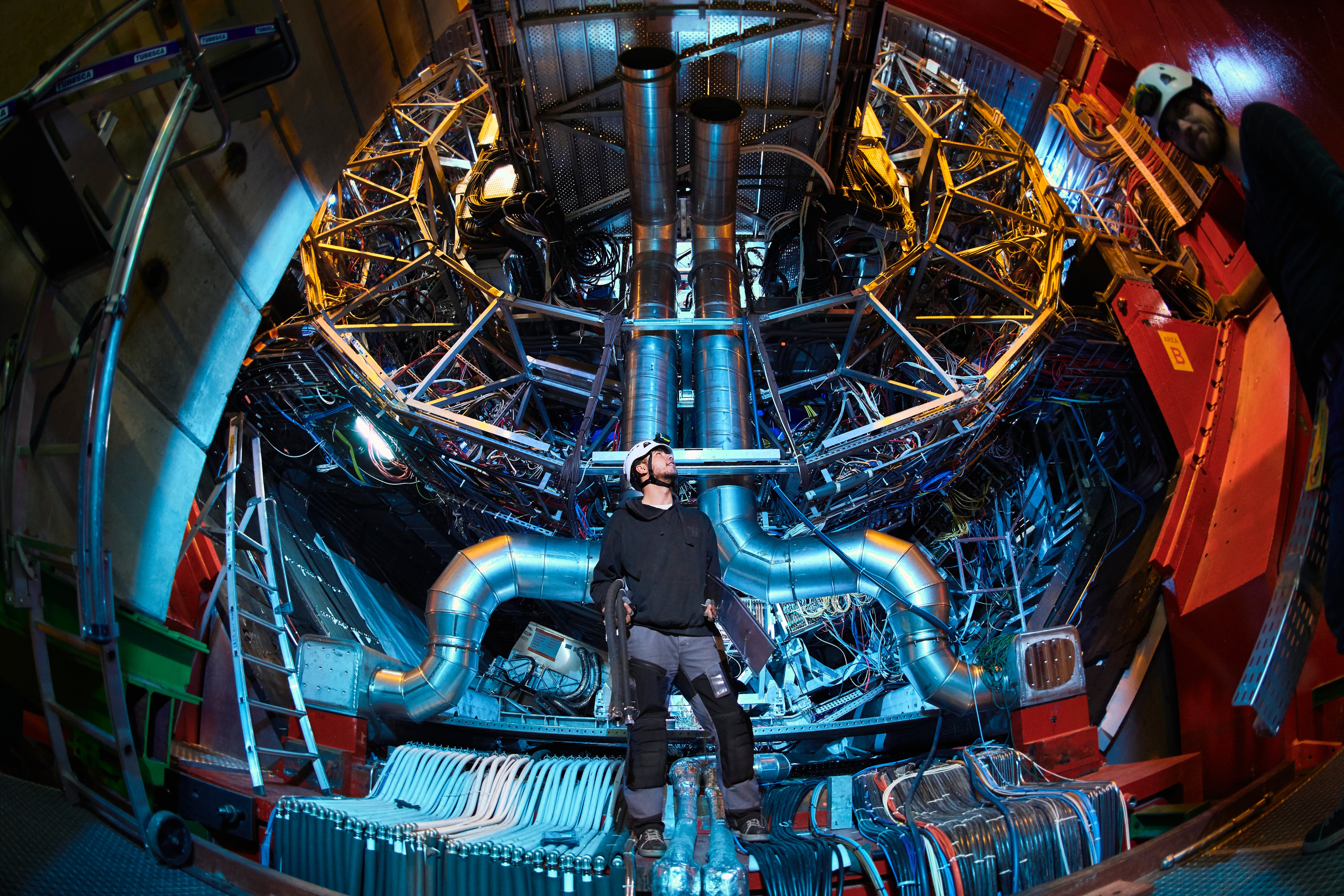Since I don’t know if the author of Four quantum talesto the Chilean but Argentine writer, and Argentine but Chilean, Javier Argüello, I can describe him as a “quantum writer”, I send him a Whatsapp to the port of Valparaíso and ask him. Answer: “It’s called superposition of states, and never better said.”
Oh, sure. I knew it and I didn’t know it: quantum superposition is a fundamental principle of certain quantum mechanics. I tell myself this and shortly after I tackle the notebook The limits of science (Debate) that has just been published by the quantum writer Argüello and where, beyond the essay in question, the most fascinating part of it is found in the internal, but external, journey that is narrated to us: the trip to the European Center for Nuclear Research , to the largest particle physics laboratory in the world.
The laboratory impresses. It is a ring twenty-seven kilometers long that extends underground on both sides of the border between France and Switzerland. In that place Argüello lived a literary, but scientific experience; and scientific, but literary. Narrator with an elf (probably more of a writer than a quant) and at the same time a very expert navigator, an insistent explorer of the abysses of the North Pole, or what remains of them, he was once asked about the limit between reality and fiction and, as a wise man, navigator that he has always been, he did not hesitate in the answer: “Very simple: if it makes sense it is fiction, because reality does not make sense.”
In The limits of sciencethe meaning of the notebook reaches its highest point when the traveler, after his meetings with the local scientists, understands that the much celebrated findings of the Center – the “Higgs boson” has been the most paradigmatic – lead to the joy of what was found, but they reveal a partial joy and the need to continue, since the world, seen as a great material artifact, ends up crashing against a limit, which probably forces other ways of looking at it.
What is moving about the work in the large particle accelerator, says Argüello, is not the mechanism. The mechanism is a true marvel. But what is truly moving is seeing a group of people coming from all over the world, from different countries and different cultures, investigating side by side with an enthusiasm and a collaborative will rarely seen, in a task that is absolutely uncertain and that They know where it will lead them. And he concludes: it is that search that excites, not what they can find.
OK. I am fascinated by optimistic physicists, but also the other side of these, which I perceive in the writers that interest me, who are those who seek to go beyond what has been written knowing that they will never amount to anything, in the same way as the The mystery and darkness that surround us all will never be clarified. I spy on these in their motionless evolution: they seem to be getting used to repeating what one day in the Bay of Naples I heard a madman shout: The twilight is enough for us!

